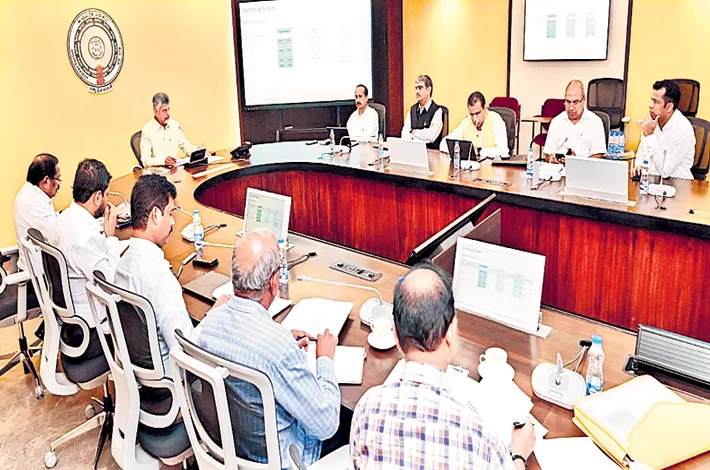Promising careers with Commerce Education
30-05-2025 12:00:00 AM

Commerce education has changed a lot in recent years and is more important than ever for preparing students for a successful future.
Commerce education plays a critical role in preparing students for careers in business, accounting, taxation, and finance. With rapid advancements, the Bachelor of Commerce program is evolving, incorporating contemporary subjects and practices to meet future challenges. For students aspiring to build careers in commerce, understanding these trends and opportunities is essential.
Learning beyond the basics
B.Com is not limited to studying traditional concepts but now includes interdisciplinary subjects to make students versatile. For example, integrating technology with accounting gives students advanced tools like cloud-based bookkeeping systems, which are essential in modern-day businesses.
The shift to digital Commerce
The shift to digital commerce encompasses areas such as e-taxation, e-auditing systems, and software-driven accounting. As businesses increasingly use ERP systems like SAP, QuickBooks, and Zoho, mastering these platforms is crucial.
More hands on learning
Practical exposure is redefining how commerce is taught. Students no longer just read about taxation—they manage mock tax filing scenarios using software like Tally and GST filing tools.
Entrepreneurship is the new trend
Commerce students now dream of managing their own startups or accounting consultancies. Entrepreneurship focused programs within B.Com teach you how to prepare business ledgers, forecast expenditures, and handle compliance-related matters.
Focus on sustainability in business
In today’s economic climate, businesses need accountancy and compliance professionals who focus on sustainability. Modern commerce curricula introduce sustainability audits and CSR (Corporate Social Responsibility) tax calculations.
Think global
Knowing how international trade, taxation treaties, and cross-border compliance works are vital for today’s commerce professionals. Students pursuing B.Com programs must learn concepts such as double taxation agreements (DTAs), foreign exchange management, and global supply chain accounting.
Certifications make you stand out
Getting a B.Com degree is a strong foundation, but adding skill-based certifications makes you truly stand out. Professional courses like CA, CMA and CS, certification courses like Diploma in Taxation Laws (DTL), or even SAP finance add technical expertise to your resume.
Mastering data and analytics
Data is everywhere, and B.Com students should know how to make sense of it. Big data informs business decisions, and commerce professionals are expected to track and analyze financial patterns.
Learning tools like Power BI or Tableau for visualization or sharpening excel functions to manage bookkeeping are highly demanded skills today, which are well available in B.Com Business Analytics.
AI and Automation in Commerce
AI software is revolutionizing how bookkeeping, accounting, and taxation processes are handled. Students now learn how automated tax filing or chatbot-assisted invoicing works, saving companies both time and money.
- Prof. Indrakanti Sekhar Principal University College of Commerce & Business Management, Osmania University, Hyderabad








